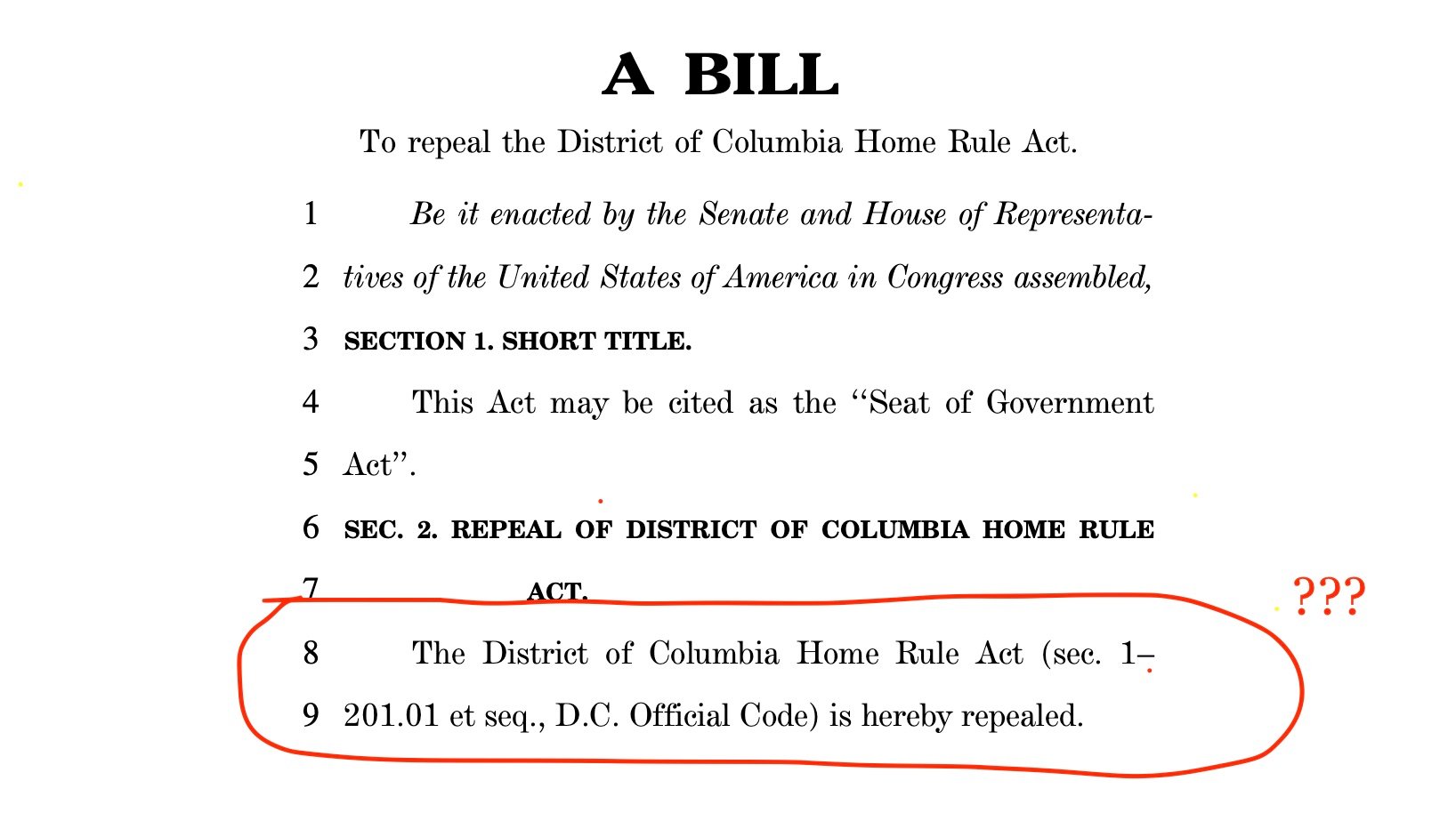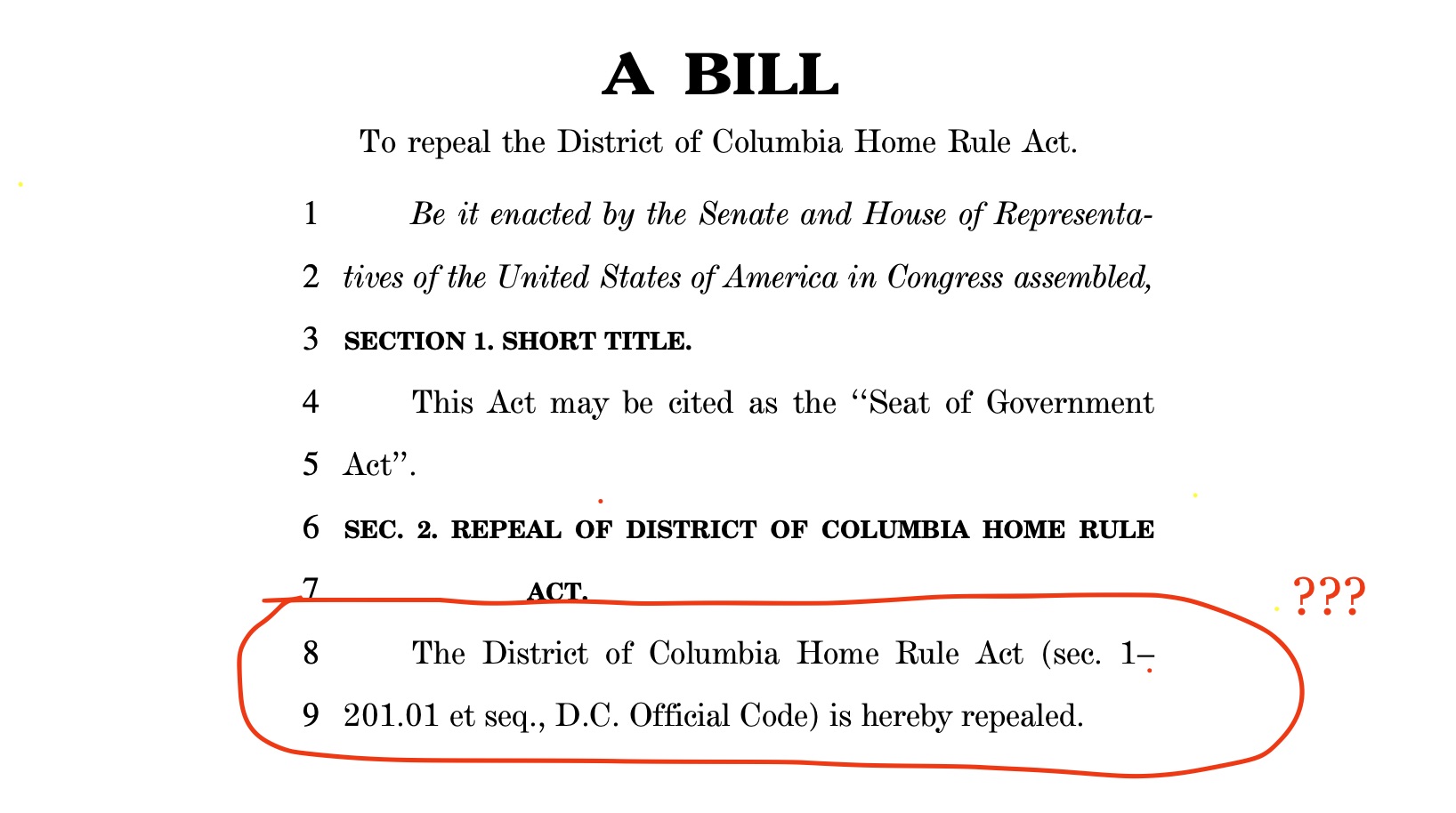What is a congress bill? – Imagine a group of people, like your local town council, but on a much bigger scale – that’s essentially what Congress is. They’re responsible for making laws that affect everyone in the entire country. Now, a Congress bill is just a proposed law, a suggestion for a new rule. Think of it as a draft of a law, put forward by a member of Congress. It goes through a lot of steps before it actually becomes a law, and that’s where things get interesting.
How does a bill become a law? It’s not a simple process. A member of Congress introduces a bill, and then it’s assigned to a committee for review. This committee will hold hearings, examine the bill in detail, and potentially make changes. If the committee approves the bill, it moves to the full House or Senate for a vote. If both the House and the Senate vote to approve the bill, it goes to the President for their signature. If the President signs it, it becomes a law. If the President vetoes it, Congress can try to override the veto, but it takes a special majority vote.

What are some examples of Congress bills? Congress bills cover a wide range of topics. They can be about things like taxes, the environment, national defense, or even the rules for importing goods. Think about important issues like raising the minimum wage, protecting endangered species, or providing funding for schools. All these things are often addressed in Congress bills. Sometimes, a bill can even affect something as seemingly small as the design of a national park.
Why are Congress bills important? They’re the engine of change in the country. Congress bills are how our government responds to problems and opportunities. They’re a way for our elected officials to address issues, from healthcare to education to the economy. These bills reflect the needs and desires of the people and shape the future of the country. Think of them as the tools for building a better tomorrow, one proposed law at a time. Here’s a quick rundown of the process:
- Introduction: A member of Congress introduces the bill.
- Committee Review: The bill is reviewed by a committee.
- Debate and Vote: The bill is debated and voted on by the full House or Senate.
- Presidential Action: The President can sign or veto the bill.
- Possible Override: Congress can try to override a veto.
Famous Entities related to Congress Bills
- The White House
- The US Supreme Court
- The US Senate
- The US House of Representatives
